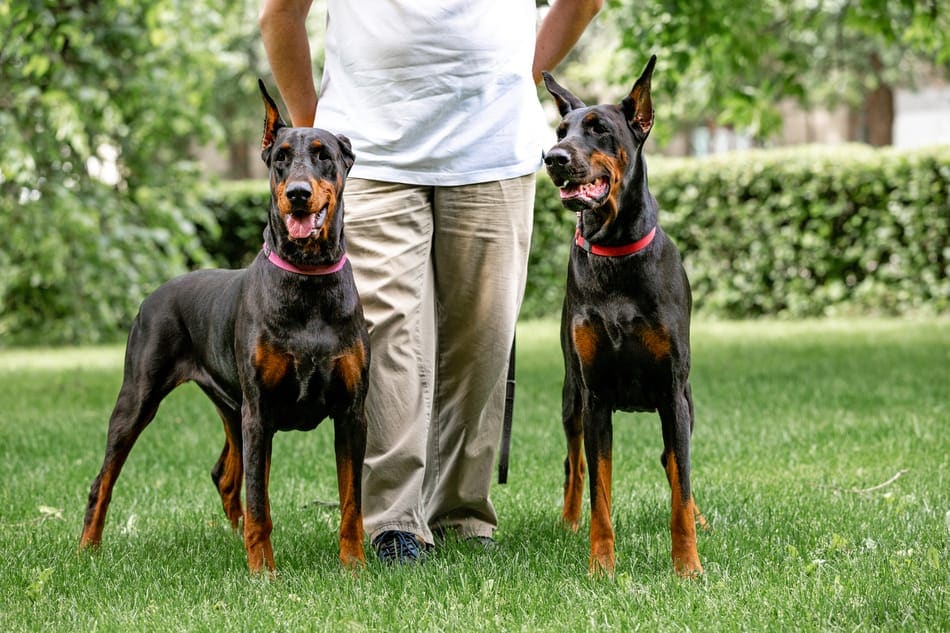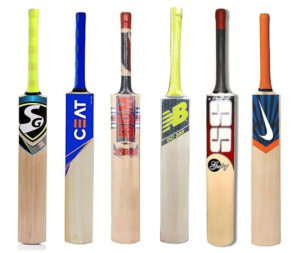Guard Dogs for Sale: A Complete Guide to Training and Proper Care

Guard dogs are more than just pets; they are loyal protectors, companions, and highly trained animals that play a critical role in safeguarding homes, families, and properties. When looking for guard dogs for sale, it is essential to understand the level of responsibility, training, and care they require. Owning a guard dog is not merely about purchasing a strong breed—it involves ongoing commitment, discipline, and proper maintenance to ensure the dog’s well-being and effectiveness as a protector. This comprehensive guide explores everything you need to know about selecting, training, and caring for a guard dog.
The Purpose of Guard Dogs
Guard dogs have been used for centuries as protectors of livestock, property, and people. Unlike regular pets, these dogs are trained specifically to detect threats, respond to danger, and remain calm under pressure. Their natural instincts, combined with professional training, make them ideal for both family security and commercial property protection.
There are generally two types of guard dogs: watchdogs and protection dogs. Watchdogs alert their owners by barking or showing defensive behavior when strangers approach, while protection dogs are trained to physically engage and defend when a threat is identified. When searching for guard dogs for sale, it is important to know which category fits your needs.
Popular Breeds of Guard Dogs
Different breeds have unique characteristics that make them suitable for guarding. The right breed depends on the environment, level of threat, and owner’s experience. Here are some popular breeds known for their protective nature:
- German Shepherd – Intelligent, loyal, and highly trainable, German Shepherds are one of the most common choices for protection work and police duties.
- Rottweiler – Known for strength and confidence, Rottweilers are excellent family protectors when properly trained and socialized.
- Doberman Pinscher – Fast, alert, and obedient, Dobermans are ideal for both personal and property protection.
- Bullmastiff – A combination of strength and calm temperament, Bullmastiffs are natural guardians who can deter intruders effectively.
- Belgian Malinois – Favored by military and police forces, they are highly agile, intelligent, and driven to work.
- Cane Corso – With their muscular build and deep bond with their owners, Cane Corsos are fearless defenders and affectionate companions.
When reviewing guard dogs for sale, always ensure that the breeder or seller provides proper lineage documentation, vaccination records, and health certificates.
Choosing the Right Guard Dog
Selecting the right dog involves more than appearance or breed reputation. You should consider factors such as temperament, training history, and compatibility with your environment. Puppies can be trained from an early age, while adult guard dogs may already have professional training. However, adult trained dogs usually come at a higher price because of the time and effort invested in their preparation.
When evaluating guard dogs for sale, take time to observe the dog’s behavior. A good guard dog should be confident but not aggressive, alert but controllable, and able to distinguish between normal activity and actual threats. Always choose a dog that matches your experience level; first-time owners may struggle with highly dominant or high-energy breeds.
Training Requirements for Guard Dogs
Training is the foundation of an effective guard dog. Without proper guidance, even the best breed can become disobedient or overly aggressive. Professional trainers use structured programs to teach obedience, discipline, and protection commands.
Basic Obedience Training: This stage teaches commands such as sit, stay, come, and heel. Obedience forms the base of all advanced protection training.
Socialization Training: A well-socialized guard dog learns to interact calmly with family members, guests, and other animals. This helps prevent unnecessary aggression or anxiety.
Protection Training: Once obedience and socialization are achieved, the dog is introduced to protection drills, including identifying intruders, defending on command, and releasing when told.
Owners who purchase trained guard dogs for sale should continue reinforcing training at home. Regular sessions with a professional trainer or participation in refresher courses can help maintain the dog’s sharpness and reliability.
Daily Care and Maintenance
A guard dog’s health and emotional balance are directly linked to its ability to perform its duties. Proper care ensures longevity, strength, and focus.
Nutrition: A high-quality diet rich in protein, healthy fats, and essential vitamins is necessary for maintaining muscle strength and energy. Working breeds often need specialized dog food tailored to their activity level.
Exercise: Guard dogs require daily physical activity to stay fit and mentally balanced. Activities like running, playing fetch, and agility exercises are ideal for releasing energy and reducing stress.
Grooming: Depending on the breed, regular brushing, bathing, and nail trimming are essential. Good hygiene prevents infections and helps you monitor the dog’s overall condition.
Health Checkups: Routine veterinary visits, vaccinations, and parasite control are vital for maintaining your dog’s health. A healthy guard dog is more alert and less prone to fatigue or illness.
Mental Stimulation: Guard dogs thrive on mental challenges. Providing puzzle toys, obedience drills, or scent-based games keeps their minds sharp and prevents boredom-induced behavioral issues.
Building a Strong Bond
A guard dog’s loyalty and performance largely depend on the bond it shares with its owner. Consistent interaction, affection, and trust-building exercises help strengthen this relationship. Spend quality time with your dog through play, training, and companionship. A bonded guard dog is more likely to respond quickly and accurately to commands, especially during stressful situations.
Avoid using harsh punishment as it can lead to fear or aggression. Instead, use positive reinforcement such as treats, praise, or playtime to encourage good behavior.
Common Mistakes to Avoid
Many new owners make the mistake of assuming that purchasing a trained dog guarantees perfect behavior. Even well-trained guard dogs for sale require consistent leadership and reinforcement. Some of the most common mistakes include:
- Neglecting regular training sessions
- Isolating the dog for long periods
- Overfeeding or under-exercising
- Failing to provide mental stimulation
- Ignoring early signs of stress or health issues
Avoiding these pitfalls will help ensure your guard dog remains balanced, obedient, and healthy.
Legal and Ethical Considerations
Before purchasing a guard dog, it’s important to understand local regulations regarding ownership and training. Some regions have breed-specific restrictions or licensing requirements for protection dogs. Always ensure your property is secure to prevent accidental escapes or injuries to others.
Ethically, guard dogs should never be used as tools of intimidation or aggression. They must be respected, cared for, and treated humanely at all times. Responsible ownership includes proper training, healthcare, and a safe living environment.
Final Thoughts
Owning a guard dog is a serious responsibility that requires dedication, patience, and understanding. When looking for guard dogs for sale, take the time to research reputable breeders or training centers that prioritize the dog’s welfare. Choose a breed and training level that suits your lifestyle and experience, and commit to ongoing care and education.

